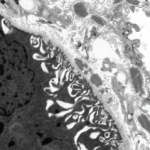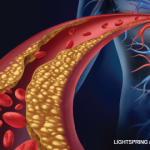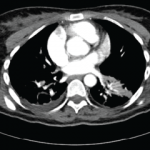CHICAGO—Held during the 2018 ACR/ARHP Annual Meeting, the ACR Review Course covered a wide range of topics for rheumatologists—from advances in pain and rheumatic disease management to the intersection of rheumatology and neurology. Session speakers shared insights, as well as state-of-the-art approaches to diagnosis, management and treatment. Inflammatory Myopathies Julie J. Paik, MD, MHS, assistant…







